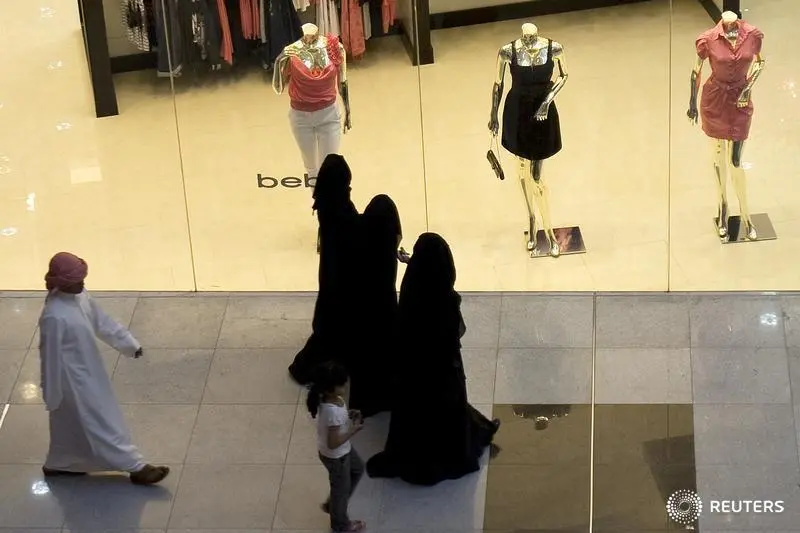PHOTO
Spending in Islamic economy sectors rose 5.2 percent in 2018 to reach $2.2 trillion, the State of the Global Islamic Economy Report (SGIE) 2019/20 showed.
The report, produced by DinarStandard, forecasts Muslims spending across the food, pharmaceutical and lifestyle sectors that are impacted by Islamic faith-inspired ethical consumption needs to reach $3.2 trillion by 2024, at a cumulative annual growth rate of 6.2 percent.
Islamic finance assets are estimated to have reached $2.5 trillion in 2018 and the Islamic economy investment activity touched $1.2 billion in 2018, growing 399 percent compared to 2017.
54 percent of the investment activity is recorded within the halal products category, while Islamic finance registered 42 percent and Islamic lifestyle grabbed the remaining 4 percent.
In the Global Islamic Economy Indicator; Malaysia, the UAE, Bahrain and Saudi Arabia continue to lead the ranking among the indicator’s 73 countries, while Indonesia advanced the most from 10th to 5th position.
Essa Kazim, Governor of the Dubai International Financial Centre (DIFC) and Secretary General of DIEDC, said: “The Islamic economy continues to achieve remarkable year-on-year growth across its sectors. The report shows that Islamic finance assets reached $2.5 trillion in 2018 and are expected to hit $3.4 trillion in 2024.”
“These numbers indicate the critical role of the Islamic finance sector in the overall Islamic economic system. The successful adoption of modern technologies, such as fintech and digital banking, have created new opportunities for the sector and the wider Islamic economy,” he added.
(Reporting by Gerard Aoun, editing by Seban Scaria)
Our Standards: The Thomson Reuters Trust Principles
Disclaimer: This article is provided for informational purposes only. The content does not provide tax, legal or investment advice or opinion regarding the suitability, value or profitability of any particular security, portfolio or investment strategy. Read our full disclaimer policy here.
© ZAWYA 2019




















